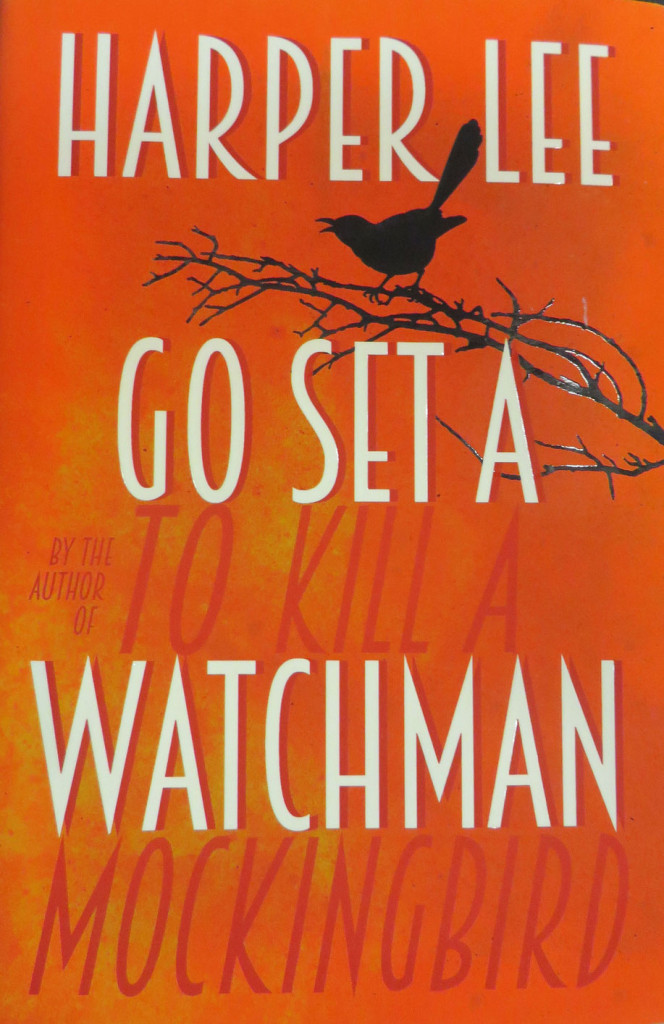Go Set a Watchman ruins cherished childhood memories
By Emilie Medland-Marchen, August 6 2015 —
Seven years ago, I read Harper Lee’s To Kill A Mockingbird in my grade eight English class. It was one of the first “classic” novels I read. I related to Scout, the narrator of the story and daughter of Atticus Finch, whose vivacity propelled the story through complicated themes of racial inequality and lost innocence.
My connection to Mockingbird isn’t unique — countless people have been inspired by the story, which is why it remains one of the most influential American novels ever written. So expectations were high when it was announced earlier this year that Lee would publish a sequel titled Go Set a Watchman.
Watchman is still narrated by Scout, though she now goes by the name Jean Louise. The beloved childhood character is now a woman in her early 20’s, struggling with the disillusionment of love and marriage, her corporate job in the city and the health of her aging father.
Atticus Finch also returns in Watchman, but he’s not the same Atticus we remember as children. Early in the novel, it’s revealed that the revered anti-racist icon has attended a Ku Klux Klan meeting and is a white supremacist. The shock Jean Louise faces upon this revelation mirrors our own and drives the novel forward. Towards the end of the book, another plot twist reveals that the racial harmony between Scout, Atticus, Jem and the black community members presented in Mockingbird is itself fabricated.
It’s difficult to come to terms with the blatant disregard for the themes of racial justice that embody Mockingbird, but it’s important not to evaluate Harper Lee’s writing through a set of rose-tinted glasses. Many of us, myself included, haven’t touched Mockingbird since it was required reading for a class in grade school, and our perception of the novel is blurred by nostalgia. Like other great novels, Mockingbird is best read at a specific time in our lives, where the events experienced by characters reflect our own lives.
Watchman forces us to come to terms with this by shattering our perception of Mockingbird and its characters’ visions of racial justice. Revisiting old themes with a fresh perspective and a more mature understanding of the complexities of racial inequality, we see that Mockingbird does not hold up as the novel we remember it to be.
While ruining our childhood memories may not have been the best choice by Lee or her publisher, it still provides some value. Although it comes nowhere close to its predecessor in terms of both message and prose, Watchman provides readers with a lesson about the idealization of art.
The book shatters our idealized perception of childhood. With a more scrutinizing eye, we see the things we once loved and cherished look very different under a new light. While Watchman can be a frustrating read at times, it teaches us the same lesson Scout learned in Mockingbird so many years ago — as we grow up, we lose our innocence and start to recognize the things wrong with the world around us. It’s not a pleasant truth to face, but it’s one we have to accept.

